Responsible extraction in South America’s Lithium Triangle
A BGS team visited Argentina and Chile to investigate how to extract lithium more responsibly in the face of growing worldwide demand.
02/08/2024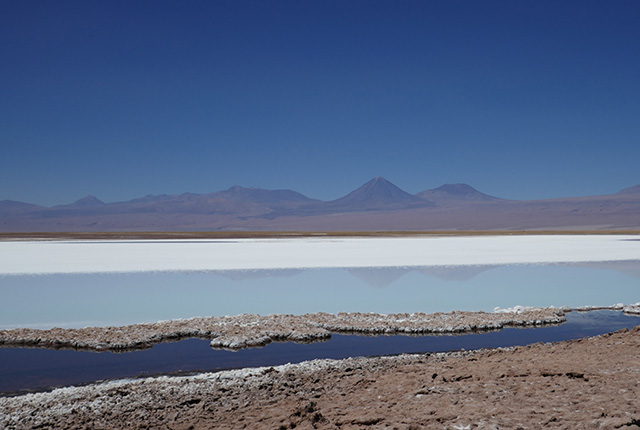
Lithium is a key component in the batteries that power electric vehicles and renewable energy storage systems, making it essential for the global energy transition. The ‘Lithium Triangle’ region, covering parts of Argentina, Bolivia and Chile, hosts about 50 per cent of known global lithium resources in salty brines found in salt flats, or salars. Optimising this potential is crucial for meeting the growing demand for lithium.
However, issues exist around the potential effects of brine mining on sensitive habitats, groundwater and local and indigenous communities. Sustainable and responsible extraction is a key objective of the region: balancing environmental and social considerations against the urgent need for lithium is a complex challenge that requires collaborative approaches.
To help address this challenge, a BGS-led project is investigating the gaps in knowledge, data and capacity that may prevent the responsible production of lithium from the Lithium Triangle. Through collaboration, it will propose a prioritised research roadmap to help address gaps.
Workshops in South America
In March 2024, in partnership with local institutions, BGS organised and attended workshops across the Lithium Triangle. The team started in Buenos Aires, Argentina, meeting with representatives from the national government, the geological survey and researchers from Argentina’s National Scientific and Technical Research Council (CONICET). They then travelled to Salta in the north for workshops with operators and the provincial governments of Salta, Jujuy and Catarmarca.
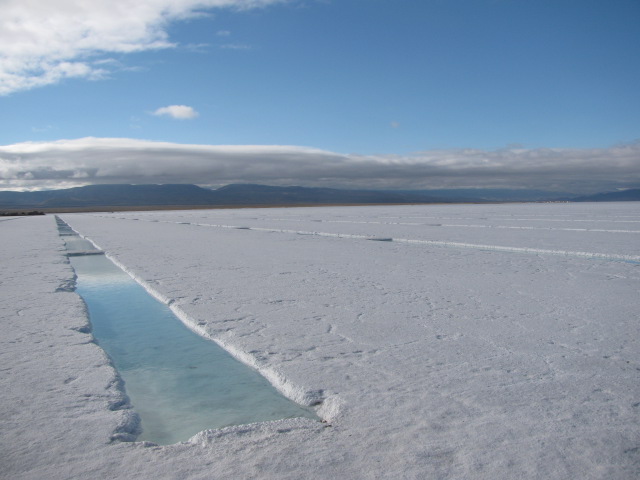
Salinas Grande, Argentina. BGS © UKRI.
The team then moved on to Chile, starting in Santiago for workshops with researchers, the geological survey, policymakers and operators. The next workshop was held in Copiapo, in the north of Chile, hosted by the University of Atacama with researchers, local government and indigenous community representatives attending.
The workshops provided participatory space for an open dialogue between different stakeholders. The exchange of views and participants’ experience and insights will aid the development of the research roadmap.
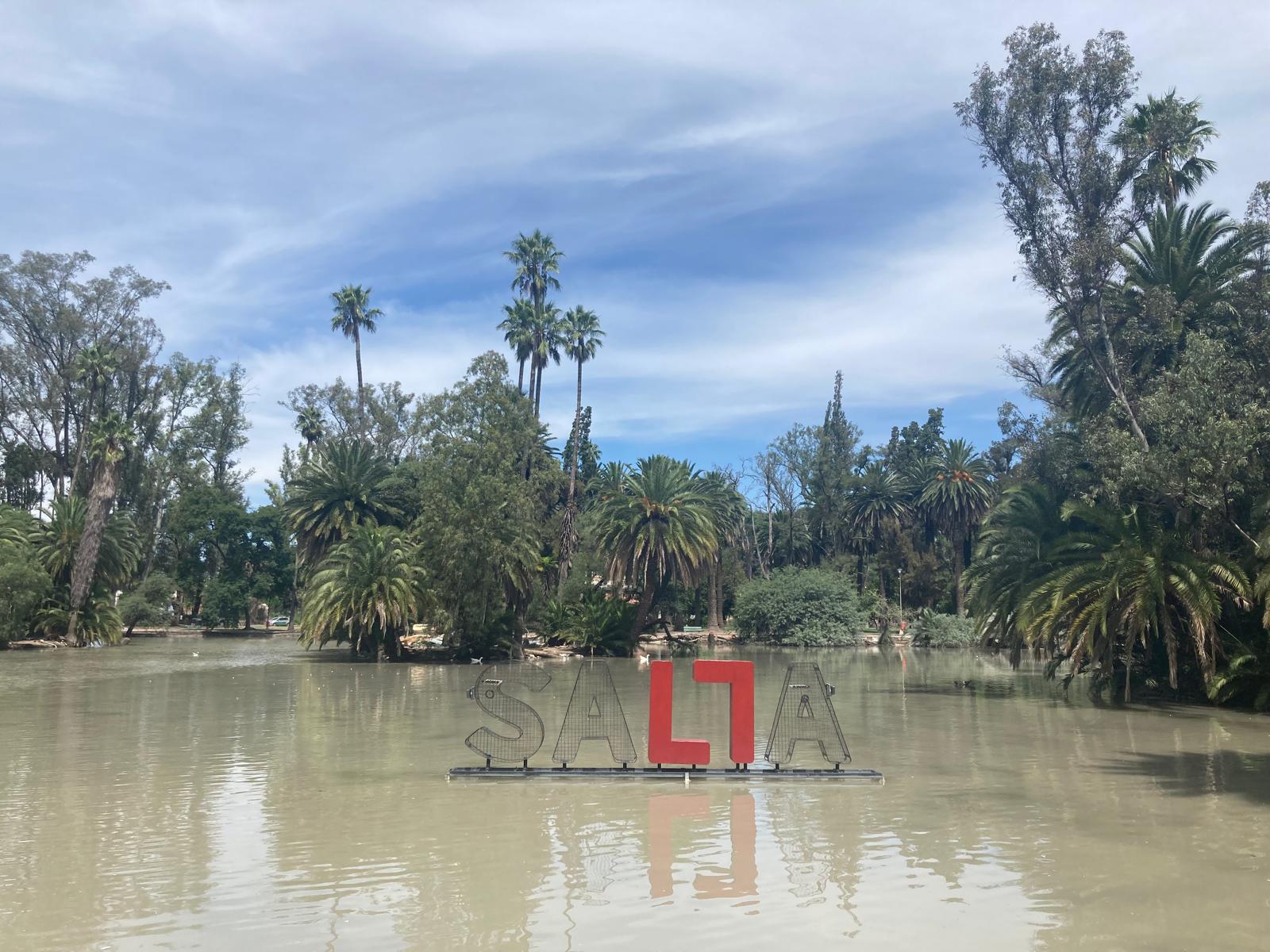
Salta, Argentina. BGS © UKRI.
Further work
The team is now working on the outcomes and findings from the workshops. A draft of the final report will be shared openly for feedback and input from workshop participants and interested stakeholders. The aim is for the report and roadmap to be used to identify potential research projects, as well as collaboration opportunities and support applications for funding. All this will aid the responsible scale-up of lithium production from salars in South America.
Thanks
We would like to thank all the participants at the workshops and meetings for their valuable time and engagement. We would also like to thank the British embassies in Argentina and Chile and Simon Chater, who is head of science and innovation at the UK Science & Innovation Network in Argentina, for all their help.
Funding
The project is funded through the UK Science Innovation Network of the Department for Science, Innovation & Technology and the Foreign, Commonwealth & Development Office. Funding was also received from the Chilean embassy.
BGS research team
- Jon Ford
- Rowan Halkes
- Andrew Hughes
- Evi Petavratzi
About the author
Rowan Halkes
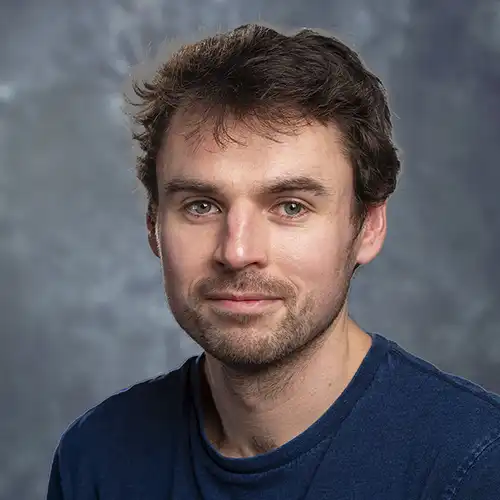
Rowan Halkes
Sustainable mineral resources scientist

Goldilocks zones: ‘geological super regions’ set to drive annual £40 billion investment in jobs and economic growth
10/06/2025
Eight UK regions identified as ‘just right’ in terms of geological conditions to drive the country’s net zero energy ambitions.

BGS scientists join international expedition off the coast of New England
20/05/2025
Latest IODP research project investigates freshened water under the ocean floor.

New interactive map viewer reveals growing capacity and rare earth element content of UK wind farms
16/05/2025
BGS’s new tool highlights the development of wind energy installations over time, along with their magnet and rare earth content.
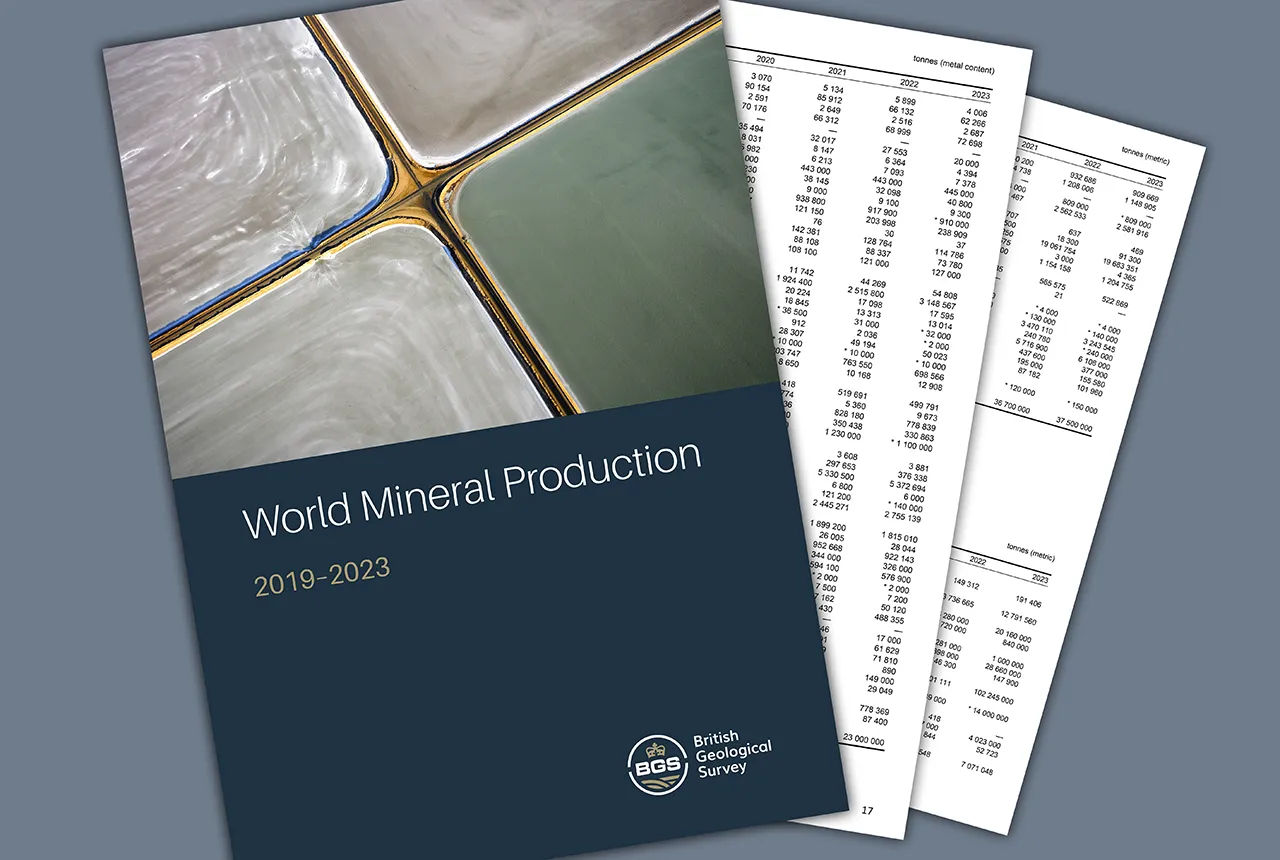
Latest mineral production statistics for 2019 to 2023 released
28/04/2025
More than 70 mineral commodities have been captured in the newly published volume of World Mineral Production.
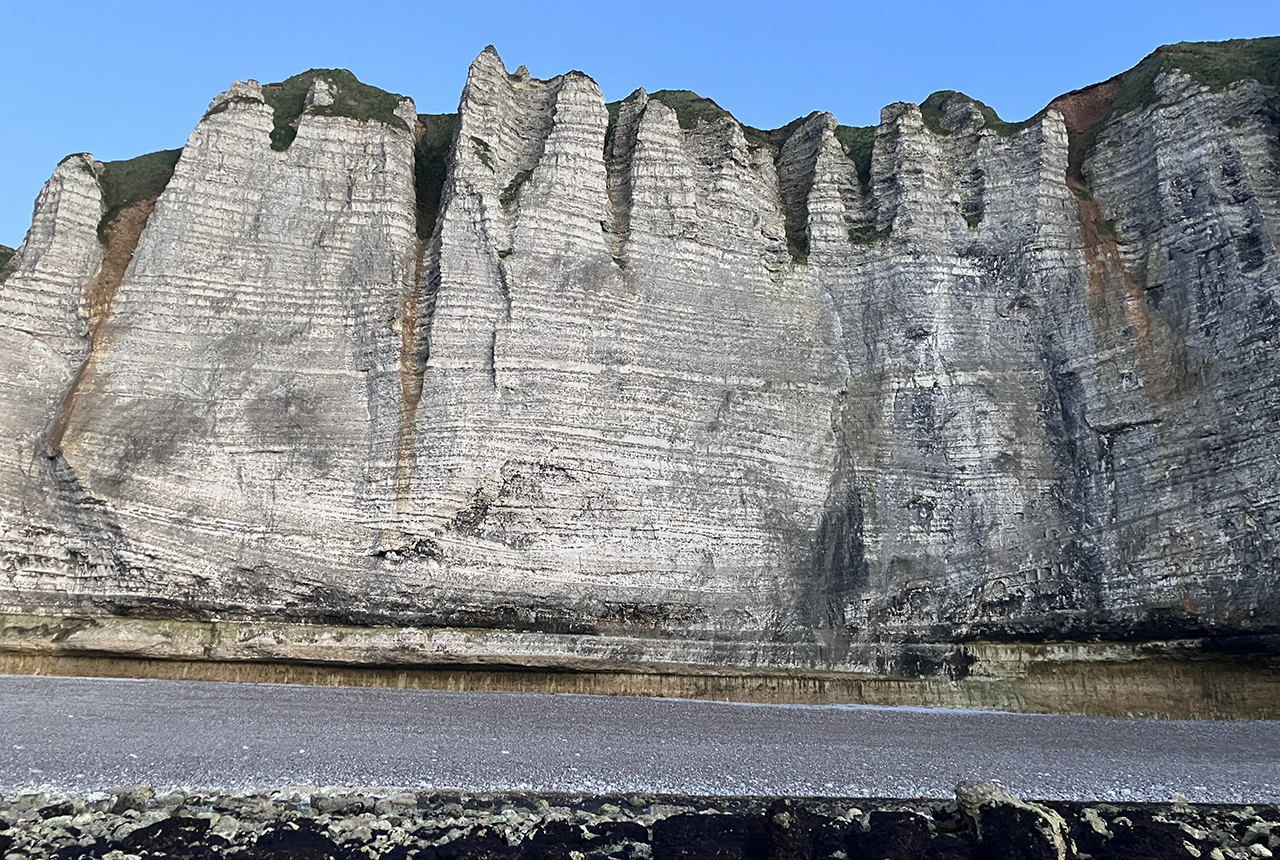
Geology sans frontières
24/04/2025
Geology doesn’t stop at international borders, so BGS is working with neighbouring geological surveys and research institutes to solve common problems with the geology they share.
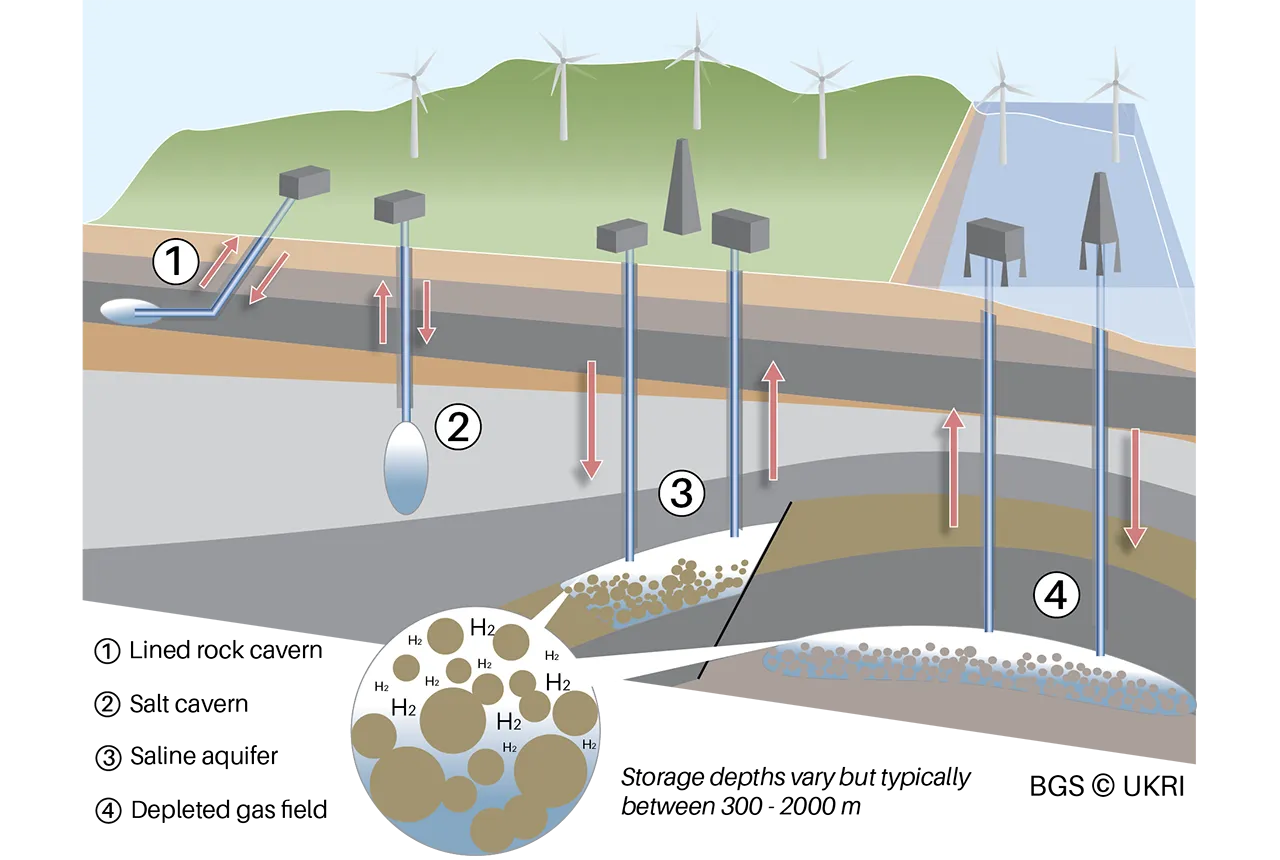
Making the case for underground hydrogen storage in the UK
03/04/2025
A new BGS science briefing note focuses on the potential of hydrogen storage to support the UK energy transition.
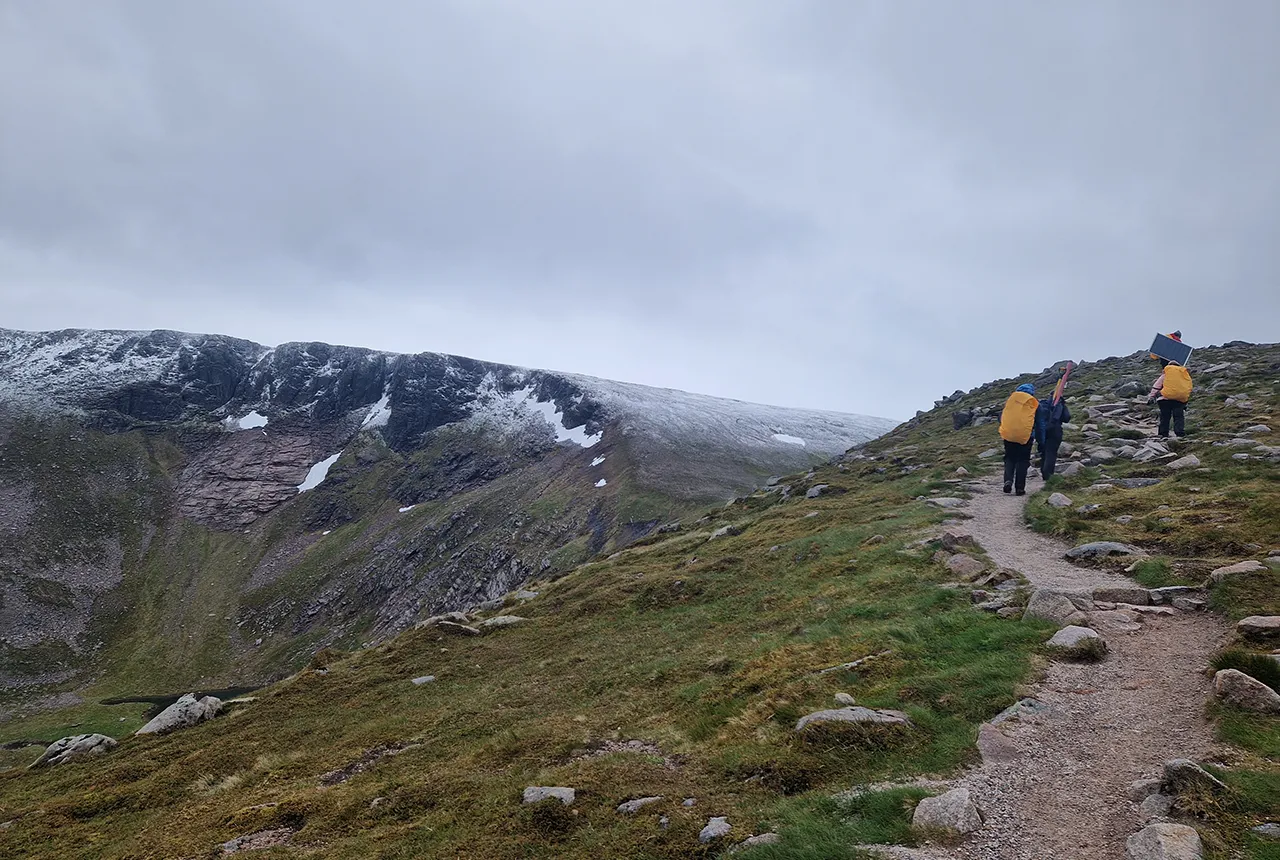
Exploring Scotland’s hidden energy potential with geology and geophysics: fieldwork in the Cairngorms
31/03/2025
BUFI student Innes Campbell discusses his research on Scotland’s radiothermal granites and how a fieldtrip with BGS helped further explore the subject.
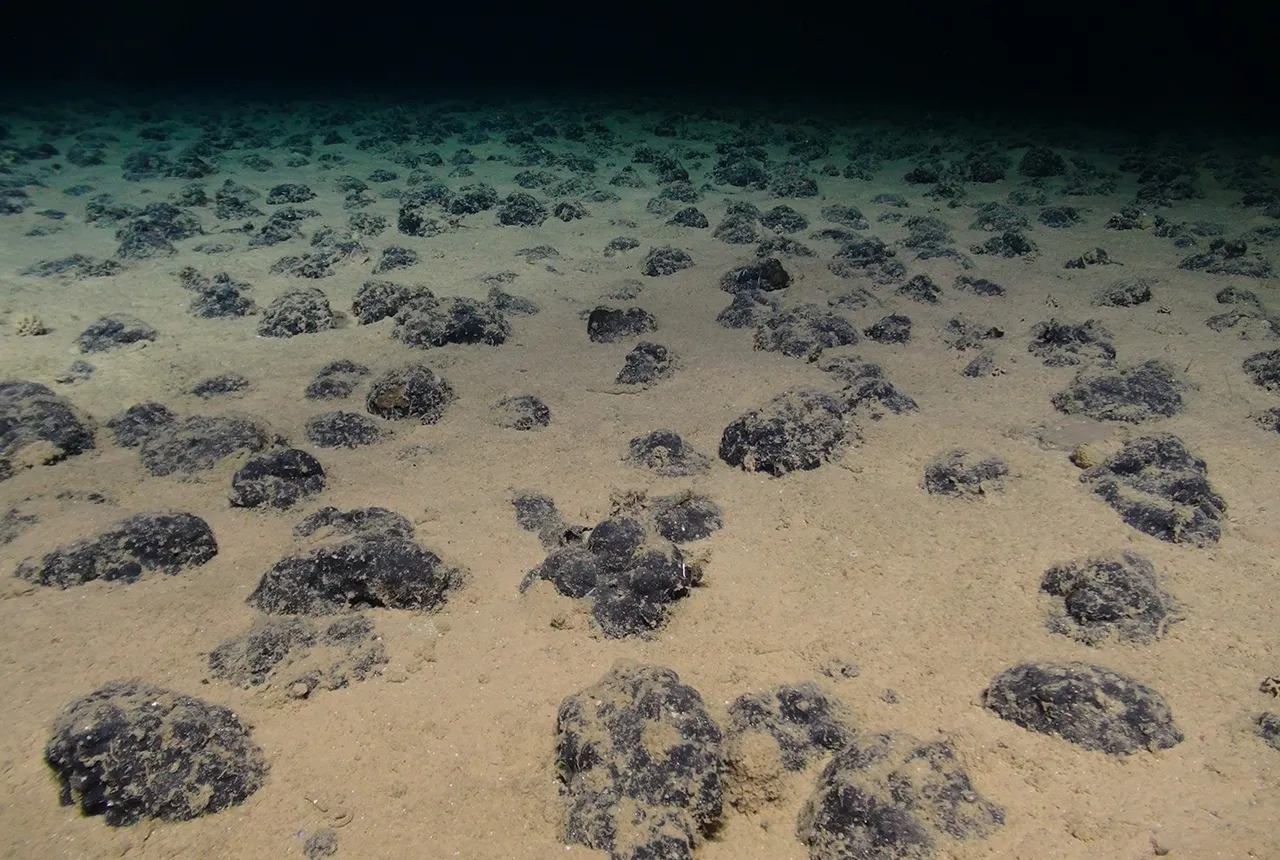
New study reveals long-term effects of deep-sea mining and first signs of biological recovery
27/03/2025
BGS geologists were involved in new study revealing the long-term effects of seabed mining tracks, 44 years after deep-sea trials in the Pacific Ocean.
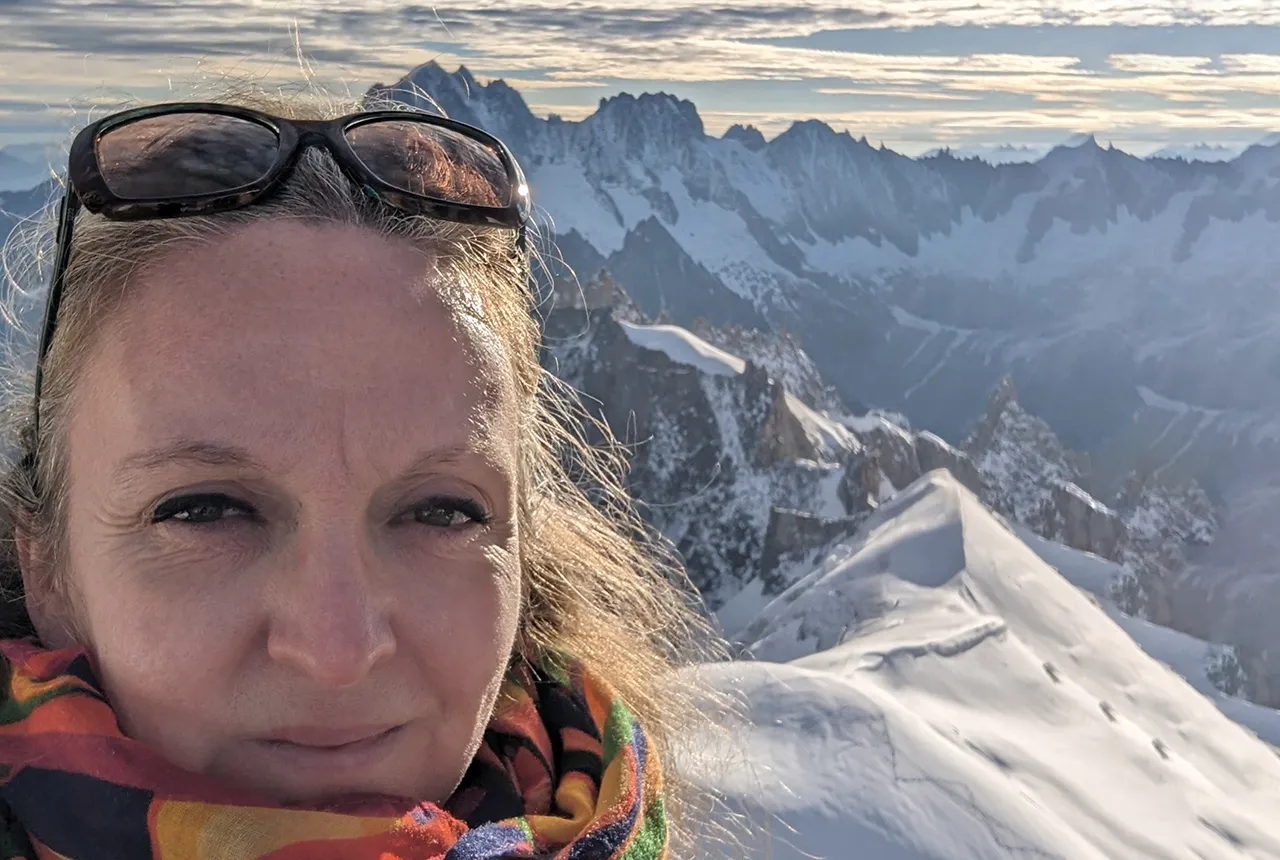
BGS announces new director of its international geoscience programme
17/03/2025
Experienced international development research leader joins the organisation.
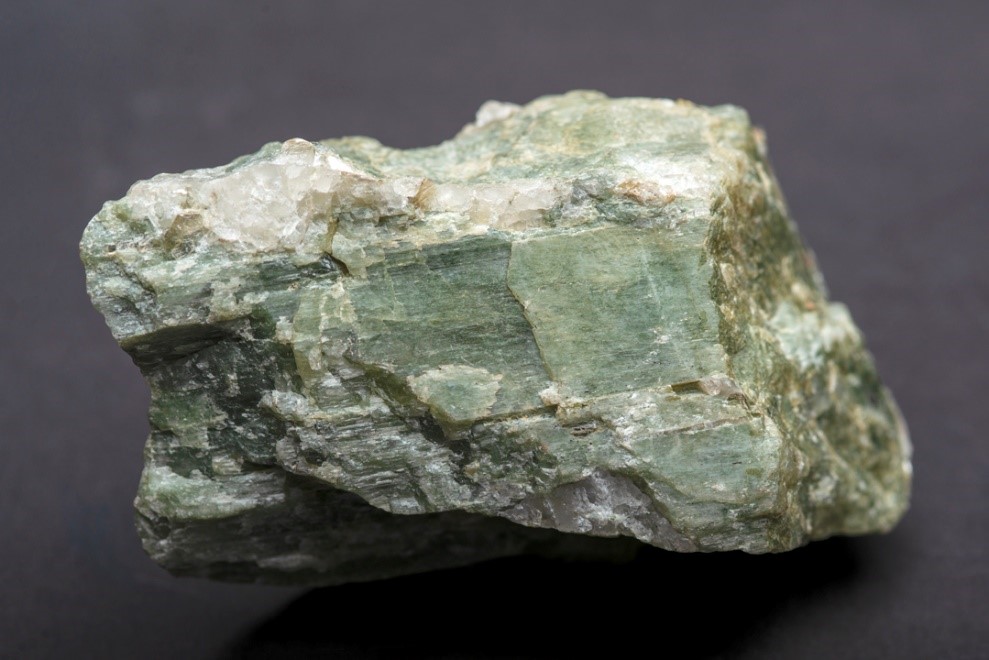
Future projections for mineral demand highlight vulnerabilities in UK supply chain
13/03/2025
New Government-commissioned studies reveal that the UK may require as much as 40 per cent of the global lithium supply to meet anticipated demand by 2030.
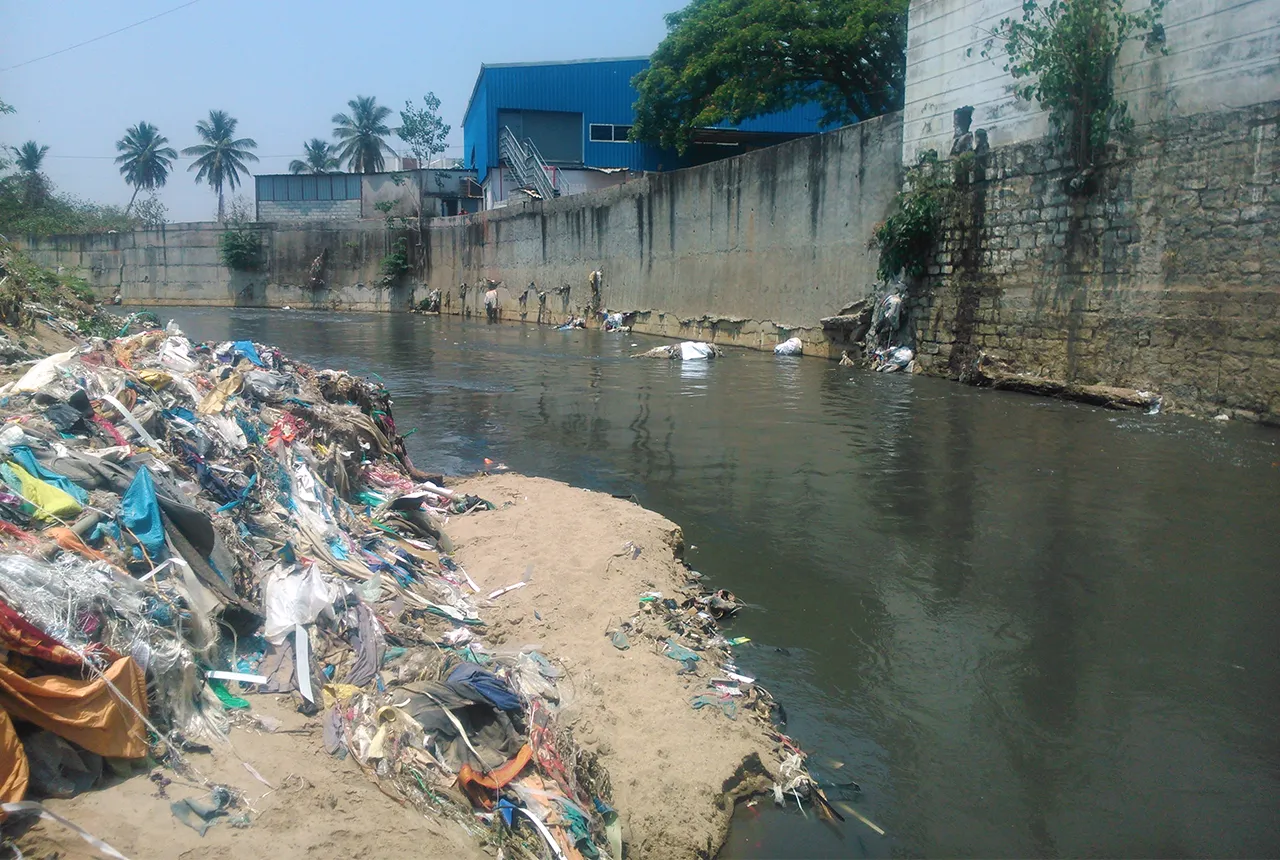
Presence of harmful chemicals found in water sources across southern Indian capital, study finds
10/03/2025
Research has revealed the urgent need for improved water quality in Bengaluru and other Indian cities.
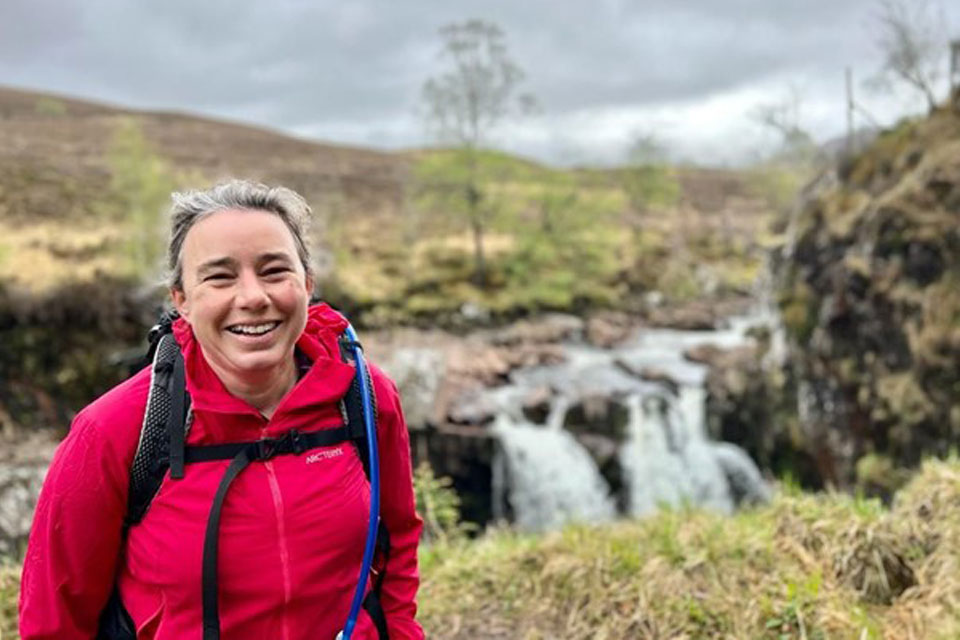
Dr Kathryn Goodenough honoured with prestigious award from The Geological Society
27/02/2025
Dr Kathryn Goodenough has been awarded the Coke Medal, which recognises those who have made a significant contribution to science.



